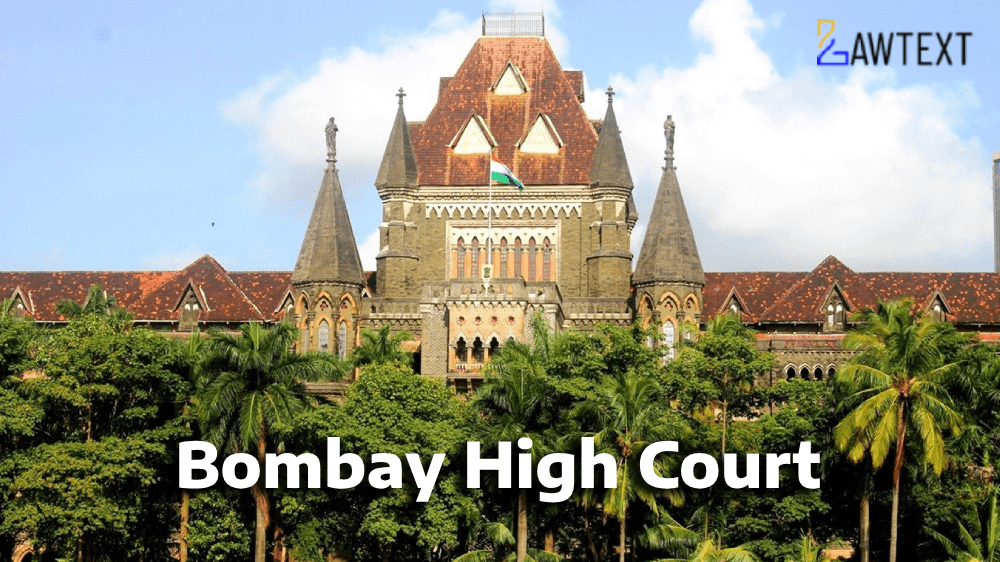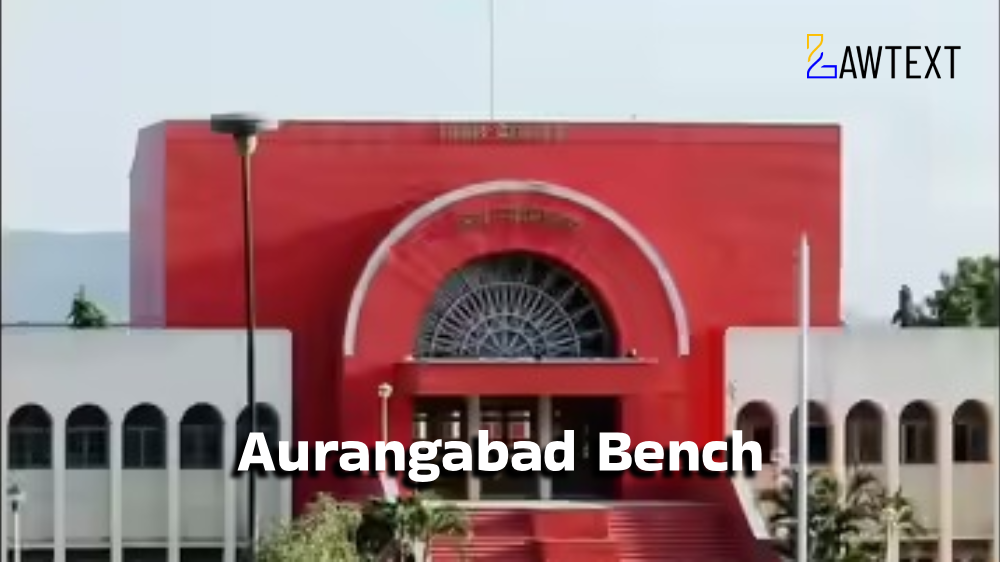Case Note & Summary
The Supreme Court of India has referred a case filed by the State of Kerala against the Union of India to a five-judge bench. The case involves crucial constitutional questions concerning the extent of state borrowing powers under Article 293 of the Constitution. Kerala challenges recent actions by the central government, including amendments and restrictions on state borrowings, arguing that these measures exceed the Union's authority and violate principles of federalism. The case could have far-reaching implications on the fiscal autonomy of states within the Indian federal structure.
Introduction:The State of Kerala has filed an original suit against the Union of India under Article 131 of the Constitution, contesting certain fiscal regulations imposed by the central government. The dispute revolves around amendments to the Fiscal Responsibility and Budget Management Act, 2003, and subsequent borrowing restrictions imposed on the state.
Impugned Actions:Kerala is challenging three primary actions by the central government:
Amendment Act No. 13 of 2018: This mandates that the aggregate debt of the central and state governments does not exceed 60% of GDP by FY 2024-25. Letter No. 40(1)/PF-S/2023-24 (dated 27.03.2023): This imposes a 'Net Borrowing Ceiling' on Kerala, limiting its borrowing capacity for FY 2023-24. Letter No. 40(12)/PF-S/2023-24/OMB-52 (dated 11.08.2023): This letter grants Kerala permission to raise a reduced amount of borrowing from the open market. Key Constitutional Questions:The case raises several substantial questions of constitutional law, including:
The interpretation of Article 131 in relation to the extent of legal rights. The enforceability and regulation of a state's right to borrow under Article 293. The inclusion of borrowings by State-Owned Enterprises and Public Account liabilities under Article 293(3). The scope of judicial review over fiscal policies that may conflict with the Constitution's intent. Interim Relief and Triple-Test Analysis:Kerala seeks interim relief to undo the central government's borrowing ceiling. The Court, however, emphasizes the stringent triple-test criteria (prima facie case, balance of convenience, irreparable injury) for granting such relief, particularly since the injunction requested by Kerala is mandatory rather than prohibitory.
Referral to a Larger Bench:Given the significant constitutional questions, particularly the interpretation of Article 293, the Supreme Court has referred the matter to a five-judge bench for a more authoritative pronouncement.
Conclusion:The outcome of this case could redefine the fiscal relationship between the Union and the states, impacting the broader framework of Indian federalism. The Court's decision to refer the case underscores the gravity and complexity of the issues involved.
Issue of Consideration: State of Kerala Versus Union of India
Premium Content
The Issue of Consideration is only available to subscribed members.
Subscribe Now to access critical case issues








